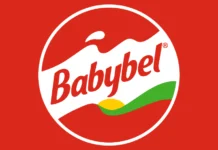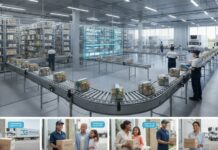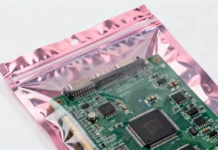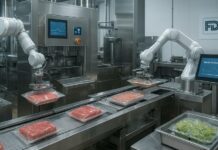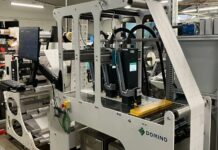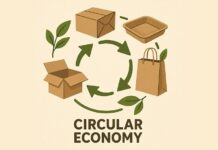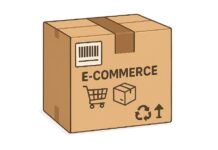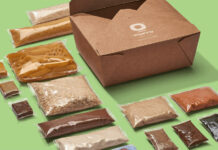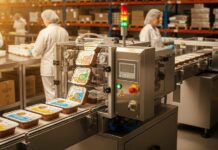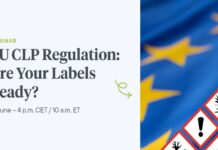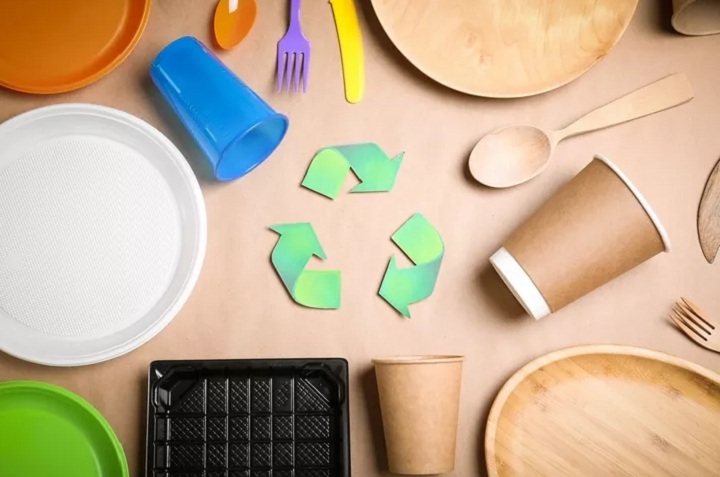The food sector in the years that have gone by has seen quite a significant shift, with the gamut of sustainable packaging right at the forefront of this revolution.
Pushed due to rising consumer awareness as well as regulatory pressures, there are companies that happen to be rethinking their strategies concerning packaging so as to decrease the environmental impacts.
And the point is that this particular change isn’t only pertaining to decreasing waste; it is also about coming up with a sustainable business model that happens to sync with the move seen internationally when it comes to eco-friendly practices.
Transitioning to eco-friendly materials
One of the most prominent changes within the food packaging sector happens to be the shift from the erstwhile plastic components to the ones that are more sustainable. Innovations like edible packaging, recycled materials, and biodegradable plant-based plastics are seeing the light of day.
Companies such as the UK-based startup Notpla happen to be pioneering the usage of seaweed as well as other natural materials so as to create packaging that can decompose within weeks. The transition happens to be consumer-driven to a huge extent since shoppers have started to become more conscious with regards to the environment, and their purchasing decisions have increasingly started to show a favor towards products with green credentials.
A University of Oxford study has revealed that more than 60% of UK consumers happen to prefer buying products with either very little or recyclable packaging, thereby underscoring the demand for sustainable choices.
Keeping the carbon footprint in check
The adoption when it comes to sustainable packaging also goes on to play quite a phenomenal role when it comes to reducing the carbon footprint of the food sector. The fact remains that traditional plastic production is more energy-intensive and goes on to depend heavily on fossil fuels.
In contrast, materials that happen to be alternatives, such as bioplastics and recycled paper, often go on to need lesser energy to manufacture and therefore can, to an extent, help in mitigating carbon emissions associated with packaging.
The fact is that companies are not only stopping at the packaging materials, but they are also making sure to revamp the entire production process.
Economic Effects That Pave for businesses
While the gamut of transitioning to sustainable packaging happens to pose initial challenges as well as costs, it also goes on to open up new business opportunities. Brands that happen to embrace green packaging solutions can go on to elevate their market position as well as brand loyalty among eco-conscious consumers. There is also a spurt in innovation throughout the supply chain, with new sectors emerging in material science as well as recycling technology, thereby pushing economic growth and also paving the way for jobs.
Sustainable food packaging is not just a trend
The revolution when it comes to sustainable packaging within the food sector is not at all a trend but goes beyond it. It marks a major transition in terms of long-term viability as well as environmental ownership. Through making use of eco-friendly materials, creating fresh economic opportunities, and decreasing carbon footprints, the food industry is indeed setting a precedent for other industries and verticals to follow.




